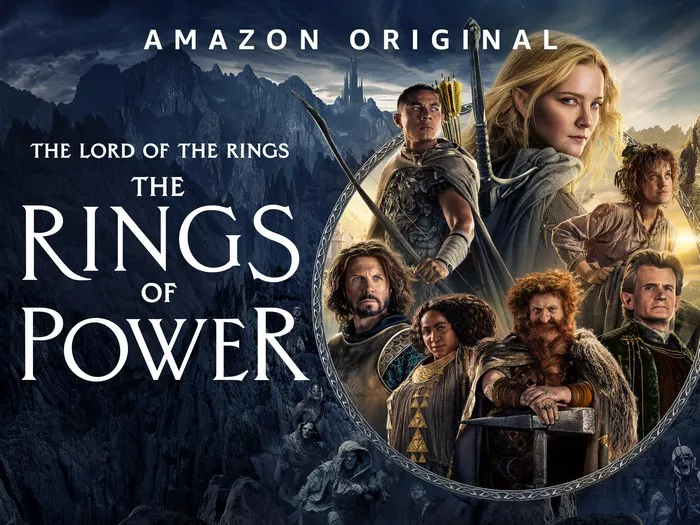The cinematic journey through Middle-earth, crafted by director Peter Jackson, has left an indelible mark on the world of fantasy filmmaking. As fans navigate the expansive narrative, the question arises: What is the last Lord of the Rings movie? Let’s unravel the tapestry of the trilogy and explore the culmination of this epic saga.
1. The Lord of the Rings Trilogy: A Cinematic Masterpiece
The cinematic journey begins with “The Fellowship of the Ring,” followed by “The Two Towers,” and culminating in “The Return of the King.” The last Lord of the Rings movie is “The Return of the King,” released in 2003. This film marks the conclusion of the trilogy and brings the epic tale to its climactic resolution.
– The Return of the King: Key Details
Released: 2003
Running Time: Approximately 3 hours and 21 minutes (theatrical version)
Awards: Swept the 76th Academy Awards with 11 wins, including Best Picture and Best Director for Peter Jackson.
2. Plot Synopsis: The Final Battle Unfolds
“The Return of the King” picks up the narrative threads from its predecessors and weaves them into a breathtaking tapestry of heroism, sacrifice, and the ultimate battle for Middle-earth. Key elements of the plot include:
– The Ring’s Destruction:
The central quest to destroy the One Ring reaches its zenith.
Frodo and Sam journey into the heart of Mordor to Mount Doom.
– The Battle of Minas Tirith:
The city of Gondor becomes the battleground for a monumental clash.
Aragorn, Gandalf, and the remaining members of the fellowship join forces to defend against Sauron’s forces.
– The Coronation of Aragorn:
The ascension of Aragorn to the throne as the rightful king of Gondor.
– The Grey Havens:
The emotional farewell as Frodo, Gandalf, and the elves depart Middle-earth.
3. Extended Edition: Deepening the Experience
While the theatrical version provides a comprehensive conclusion, fans often delve into the extended edition of “The Return of the King” for an even more immersive experience.
– Extended Edition Highlights:
Additional character development and scenes that enhance the overall narrative.
Extended battle sequences and more insight into the characters’ struggles.
4. Legacy and Imp
act: The Lasting Resonance of “The Return of the King”
“The Return of the King” is not merely a film; it’s a cinematic achievement that resonates with audiences globally. Its impact extends beyond the screen, encompassing:
Recognition as one of the greatest cinematic achievements in fantasy filmmaking.
A culmination of Peter Jackson’s visionary adaptation of J.R.R. Tolkien’s work.
– Cultural Influence:
The trilogy’s influence on subsequent fantasy films and television series.
The enduring popularity of Middle-earth in popular culture.
Conclusion: A Cinematic Legacy
“The Return of the King” stands as the last Lord of the Rings movie, a cinematic jewel that crowns the trilogy with brilliance. Its legacy is not only defined by its critical acclaim but also by the lasting impact it has had on the fantasy genre and film industry as a whole.
As fans revisit the trilogy or newcomers embark on their first journey through Middle-earth, “The Return of the King” remains a testament to the power of storytelling, the magic of cinema, and the timeless allure of Tolkien’s masterwork. So, whether you watch the theatrical or extended edition, the conclusion of “The Return of the King” marks the end of one epic adventure and the beginning of its enduring legacy.

